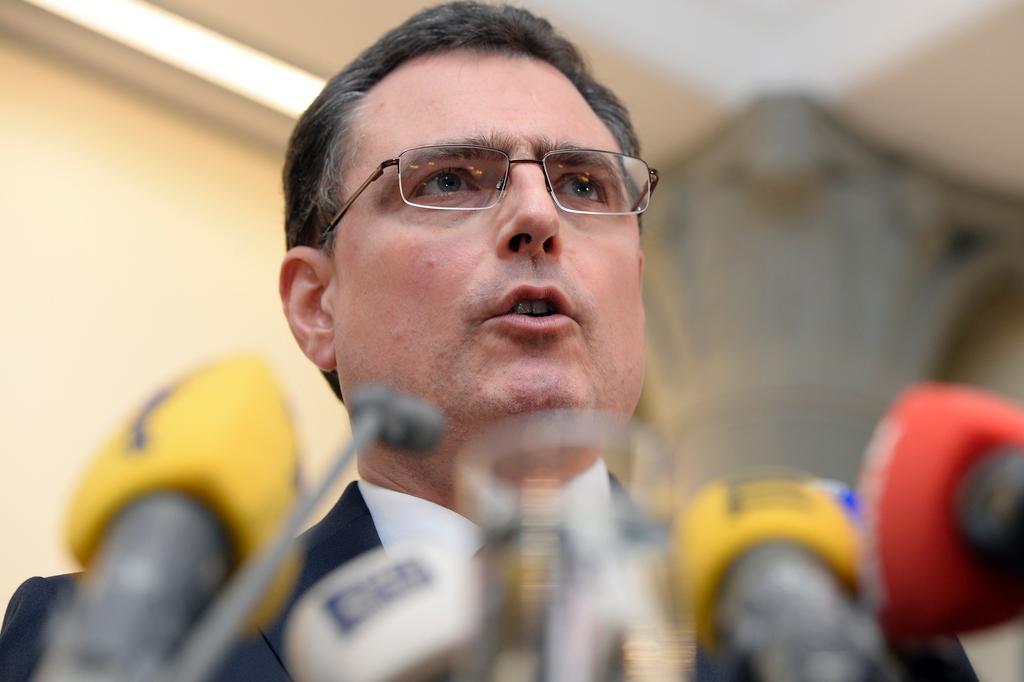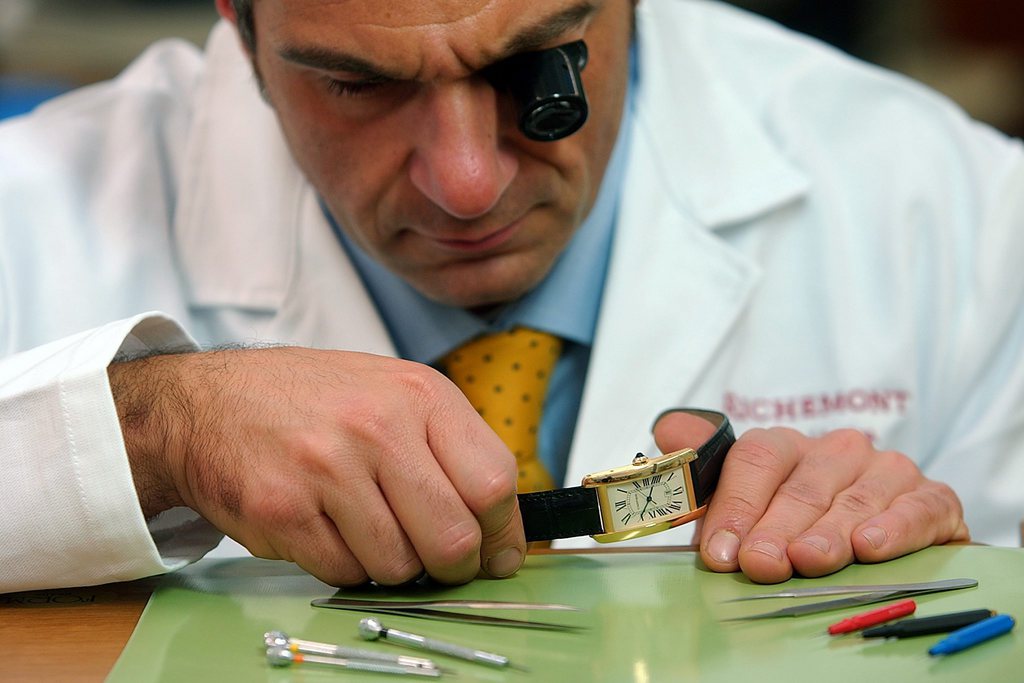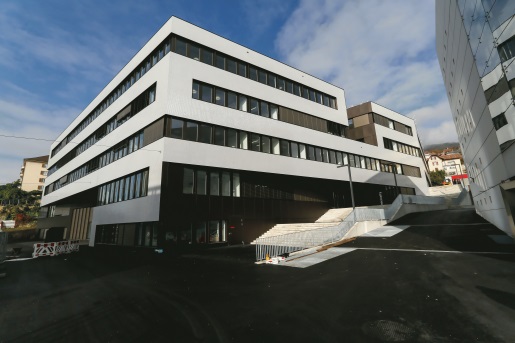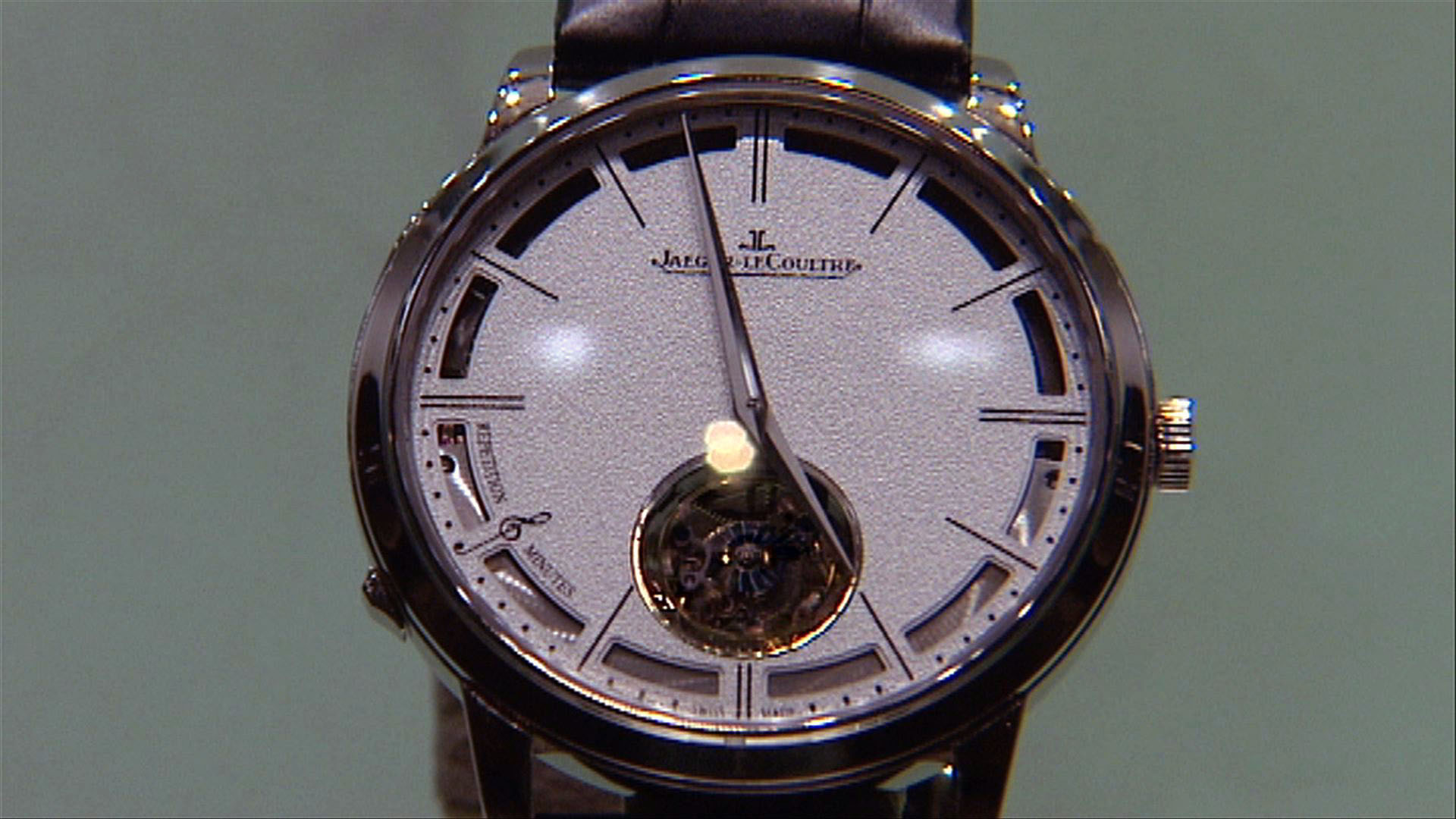Swatch boss: ‘We’re basically operating without a national bank’

Nick Hayek, CEO of Switzerland’s Swatch Group, the world’s largest watchmaker, has called for reforms to the Swiss National Bank (SNB), describing uncertainty around the institution as “Switzerland’s Achilles heel”.
In an interview with the Schweiz am Sonntag newspaper, he dismissed calls for a “deregulation agreement” as made by UBS head Sergio Ermotti and various voices on the political right who are concerned about Switzerland’s weakening position as a business centre.
These concerns were triggered on January 15, when the SNB unexpectedly removed the cap of 1.20 francs per euro, concluding that it was no longer justified. That ended a three-year policy designed to shield the economy from the euro area’s sovereign debt crisis.
The Swiss franc surged against the dollar and euro and shares in Swatch immediately dropped 17%.
“Words fail me,” Hayek said at the time. “The SNB action is a tsunami – for the export industry and for tourism, and finally for the entire country.”
A strong franc is a challenge for exporters like Swatch and small and mid-size companies with factories in Switzerland, where shop-floor workers earn some of the highest wages in Europe. Timepieces make up more than a tenth of the country’s total exports, led by brands including Rolex, Swatch’s Omega and Richemont’s Cartier.
Pragmatic policy
On Sunday, Hayek told the Schweiz am Sonntag he had “neither a five-point plan nor a 15-point plan” for improving Switzerland’s situation.
“What’s crucial for Switzerland is a pragmatic policy that enables companies to be able to solve their problems themselves. We don’t need a master plan from above,” he said.
“Switzerland’s wealth is also the diversity of its companies: there’s industry, the financial centre, multinationals and – vital for our prosperity – the small and medium-sized enterprises.”
Switzerland’s strength, he added, was that decisions could be taken quickly and simply, often at a local level, and together with the unions.
“Every boss must be able, if he has problems, to take flexible measures at very short notice. There’s no general cure for the current situation. For some it could be being paid in euros, for others it could be short-time working.”
‘Open flank’
Despite his immediate talk of tsunamis, five weeks after the SNB’s decision Hayek said he had criticised the scrapping of the euro cap not because the Swatch Group would be hard hit. Swatch, he said, had only 18% exposure to the euro – the dollar and Chinese renminbi were much more important.
“We’re in a good position and are not considering wage cuts or short-time work.”
The problem, in his view, was that Switzerland now had an “open flank”. “We’re basically operating without a national bank. Before the eyes of the world the SNB took itself out of the game. It showed weakness and this weakness was communicated further.”
Asked whether he was calling for a change of direction, he replied that “in a democratic country, one is allowed to ask how a national bank could be constructed that would take important decisions – like that with the franc exchange rate – not simply in private by a three-headed directorate”.
Not that he was questioning the SNB’s independence. “No! The national bank must remain independent. But it must not reach its conclusions in a ‘thought temple’ out of touch with the real world – it must be forced to deal with reality. As is usual in our country! Unions don’t simply decide to go on strike – it’s a process with clear signals to all parties.”
As for suggestions and solutions, Hayek admitted to not having an easy answer, “but ideas now need to be exchanged”.
“Here’s a suggestion: maybe three people on the SNB directorate is too small. Maybe what is needed is five or seven people with diverse backgrounds. Not just professors and theoreticians,” he said.
“The debate about the national bank is absolutely central. This Achilles heel is currently the greatest risk for Switzerland as a place of business.”

In compliance with the JTI standards
More: SWI swissinfo.ch certified by the Journalism Trust Initiative




You can find an overview of ongoing debates with our journalists here. Please join us!
If you want to start a conversation about a topic raised in this article or want to report factual errors, email us at english@swissinfo.ch.